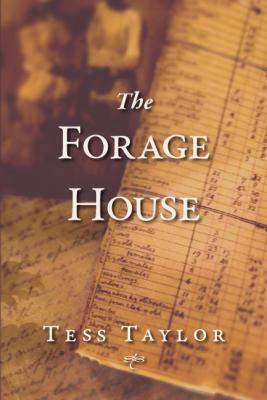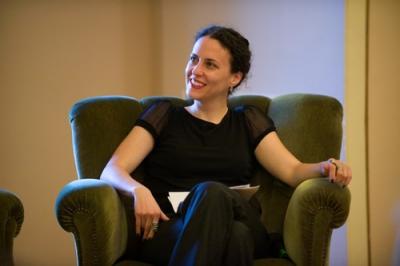ZINZI CLEMMONS interviews TERESE SVOBODA

Terese Svoboda is the author of several books of poetry and prose, most recently the novel Bohemian Girl, which Booklist named one of the ten best Westerns of 2012. Her fourth novel, Tin God, was re-issued this year. Zinzi Clemmons caught up with her during a mild August to discuss Sudan, life in foreign cultures, and multi-genre writing.
Zinzi Clemmons (ZC): Your story “High Heels,” in Issue 05 of The Common, is set on an unnamed island in the Indian Ocean where Swahili is spoken. Which country is this? Did you intend for the reader to gain a sense of a specific location through the story?
Terese Svoboda (TS): It’s Lamu, off the coast of Kenya. It should evoke the disorientation of an extreme change of location for the characters — and, of course, of an island in the Indian Ocean.















